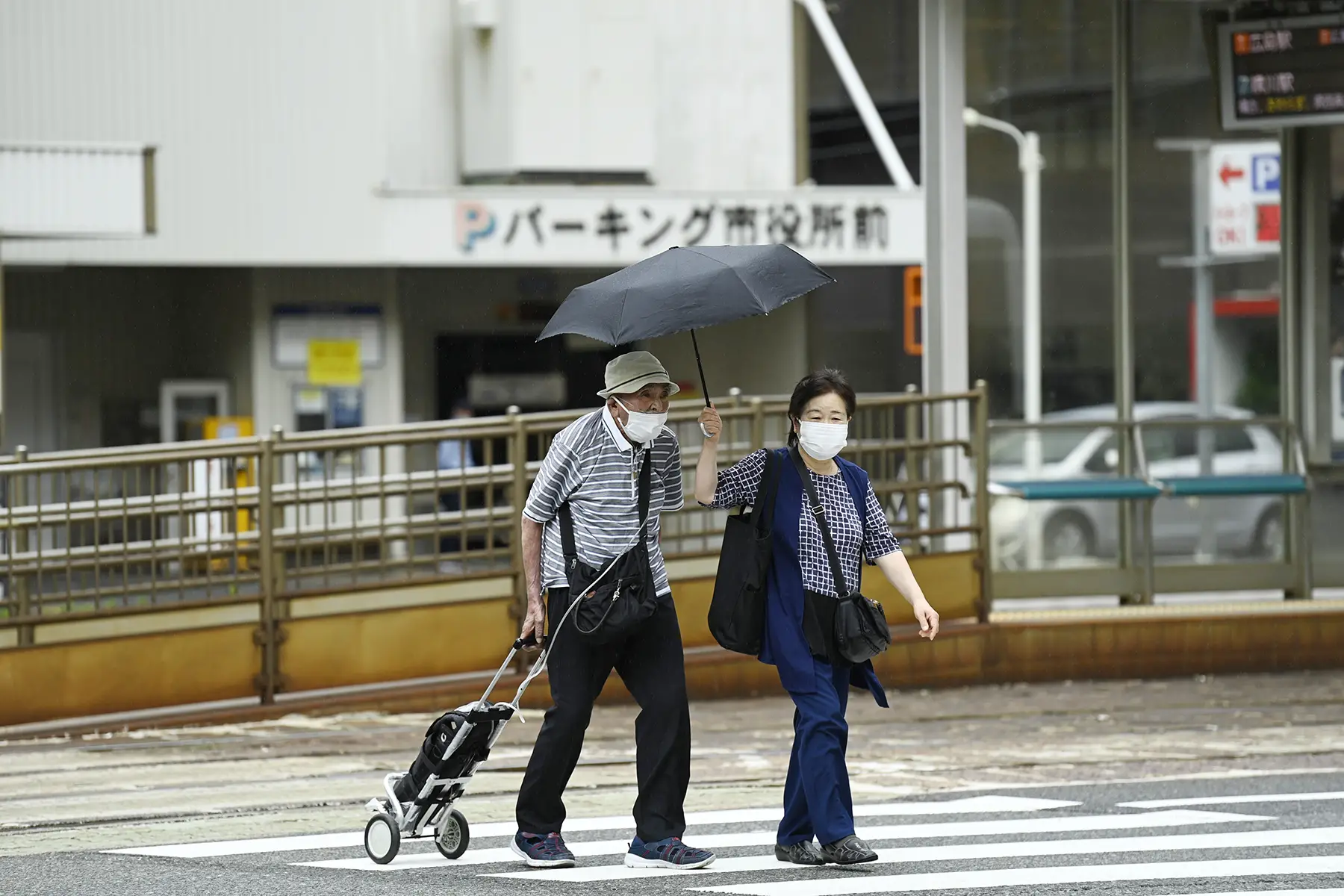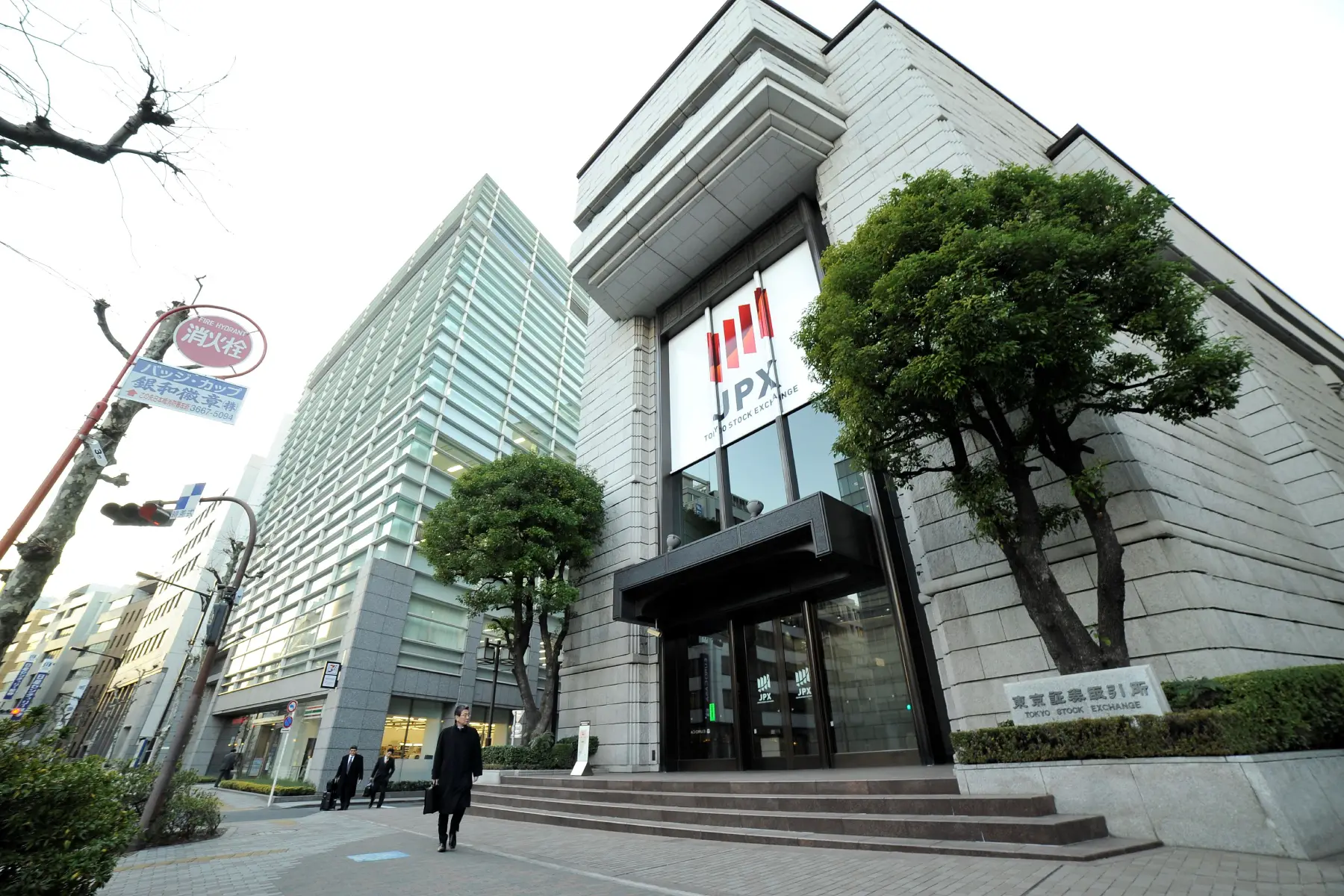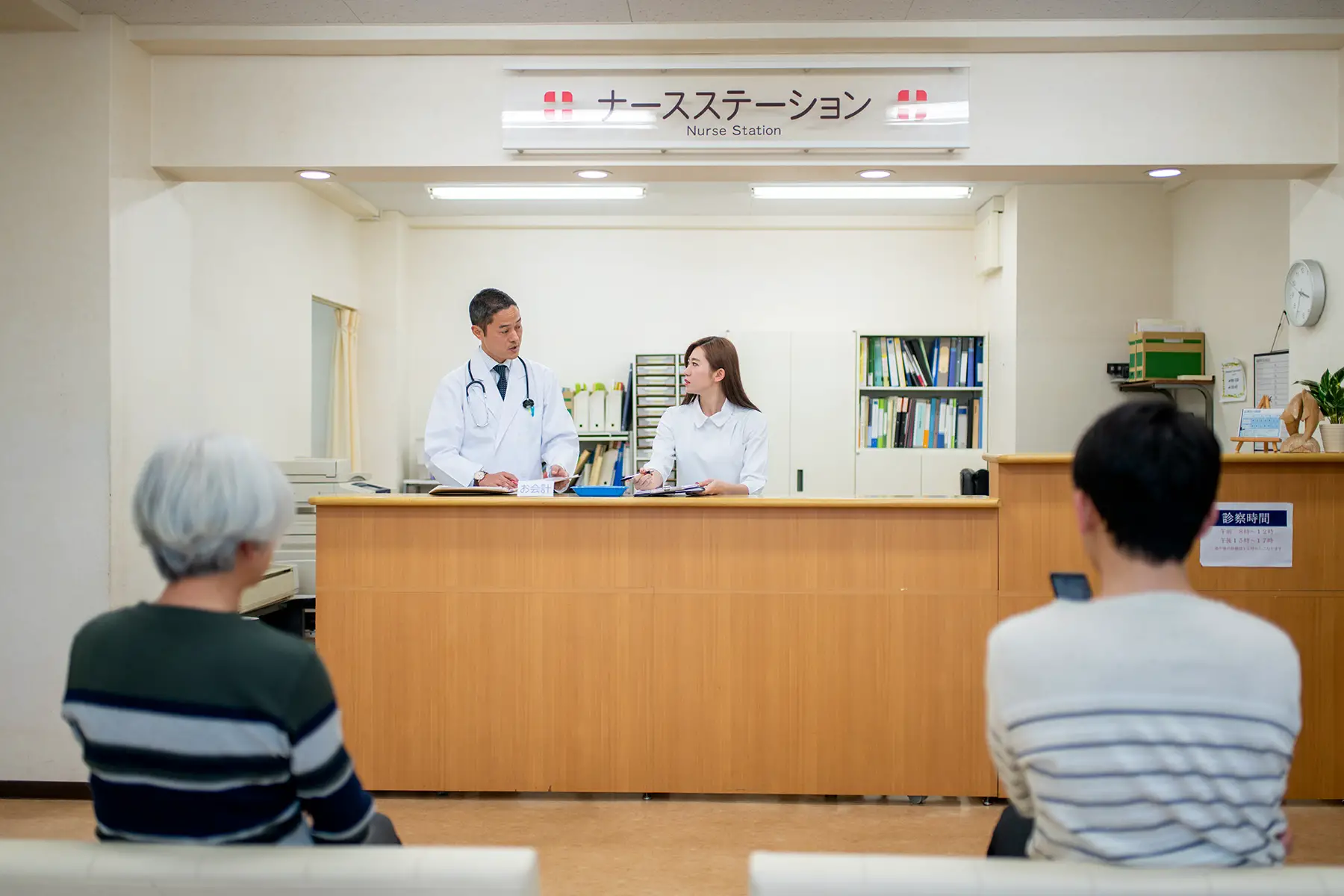There are lots of reasons why you might wish to retire abroad, and Japan ticks many of the boxes. You might be attracted by the country’s stunning landscapes, fantastic food, cleanliness, and excellent transport links. Couple these with a world-renowned healthcare system and it’s easy to see why you’d choose this as the place to spend your golden years.
But when do you qualify for a visa? And how much is the state pension payout? Is it even worth it to retire in Japan?
Keep reading to discover information on the following:
The Relocator
Planning a new life in Japan? Give yourself some peace of mind with The Relocator. On their easy-to-use platform, you'll be able to compare your options quickly, getting quotes from some of the biggest names in global relocations. Move abroad confidently with The Relocator.
Retiring in Japan
As with any country, there are pros and cons to retiring (退職) in Japan. Above are just a handful of the reasons why you might be attracted to the Japanese way of life. But if you are considering retiring there, you might hit some obstacles in the form of tricky visa requirements, a high cost of living, and the language barrier.
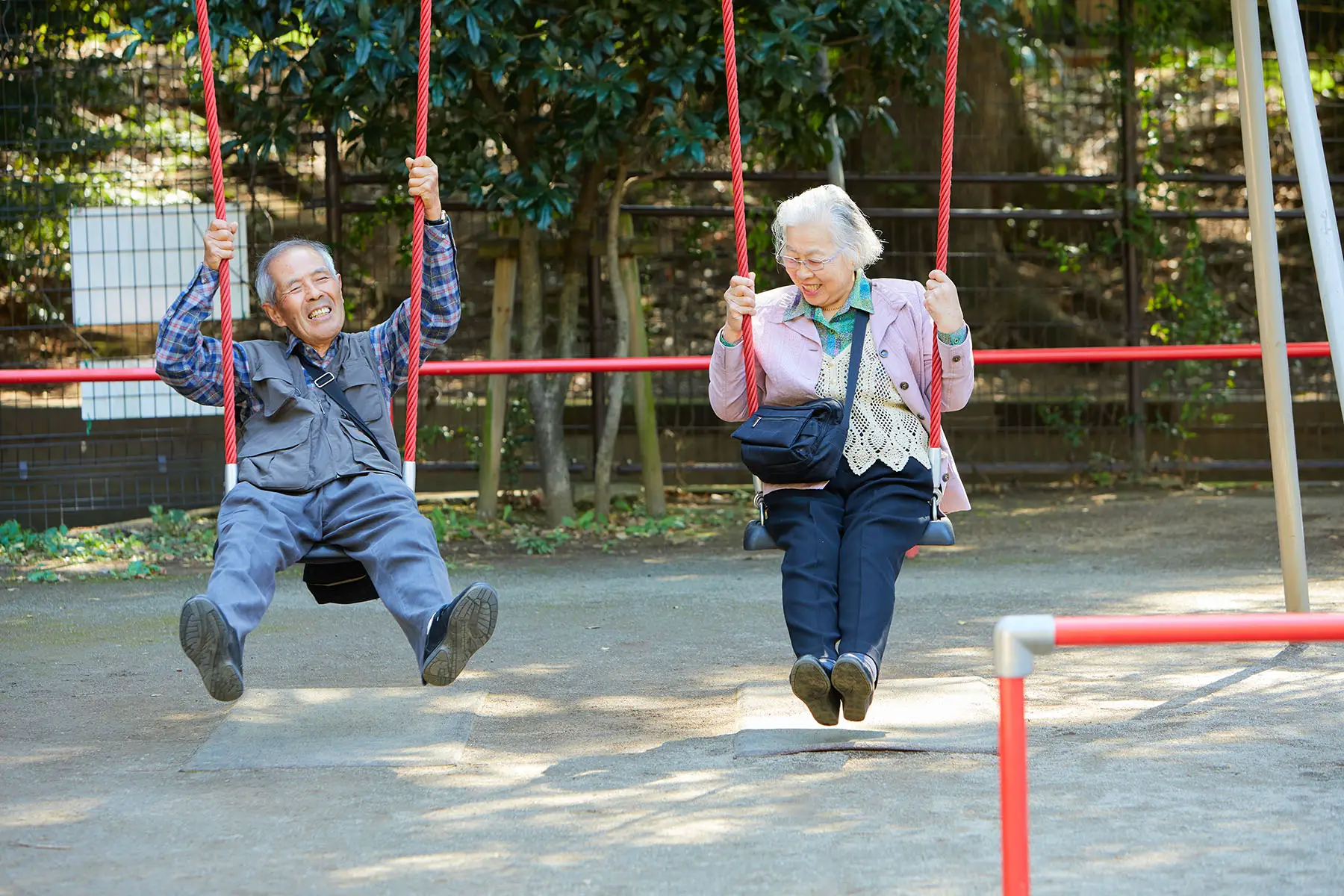
Japan is grappling with significant welfare challenges brought about by a rapidly aging population. According to OECD data, 29% of people are aged 65 or above, a figure that it predicts will reach 30% by 2050. This is the highest of any Organization for Economic Cooperation and Development (OECD) country.
The country ranked 22nd in the 2022 Natixis Global Retirement Index which measures retirement security around the world. The country received an excellent score for healthcare (91%), middling scores for material well-being (72%) and quality of life (67%), and a very low score for finances in retirement (51%).
The figure resonates with data showing that half of Japanese people aged 65–69 are still working, as they battle with higher living costs and a low basic state pension (国民年金).
Who can retire in Japan?
Japan doesn’t have special retirement visas, so to retire there, you’ll need to have lived in the country for five to 10 years, or be married to a Japanese citizen.
Understandably, one of the prerequisites of a Japanese visa is that you must meet all requirements. So, for example, if you have a work visa (就労ビザ), you must have a job. Once you retire, you cannot meet the requirement anymore. You then have three months to find new employment, otherwise, your visa might be revoked. Be aware that, in most circumstances, part-time work after retirement is prohibited.
The only thing that allows foreigners to stay in Japan on a permanent basis is Japanese citizenship or permanent residency. You can apply for citizenship after five years, and permanent residency after at least 10 years of legal residence (though some highly skilled workers can get the permit earlier by accruing enough ‘immigration points’).
If you are married to a Japanese citizen, you can stay in Japan on a family (家族滞在) and spouse (配偶者等) visa. After one year of marriage, you can apply for permanent residency. After three years, you can apply for citizenship.
Retirement age in Japan
The legal retirement age in Japan for most workers is 65. It is possible to retire as early as 60, albeit at a lower state pension rate. In reality, many people work well beyond the standard retirement age in an attempt to boost their income in retirement. Higher state pension payouts are available for those working beyond the age of 65.
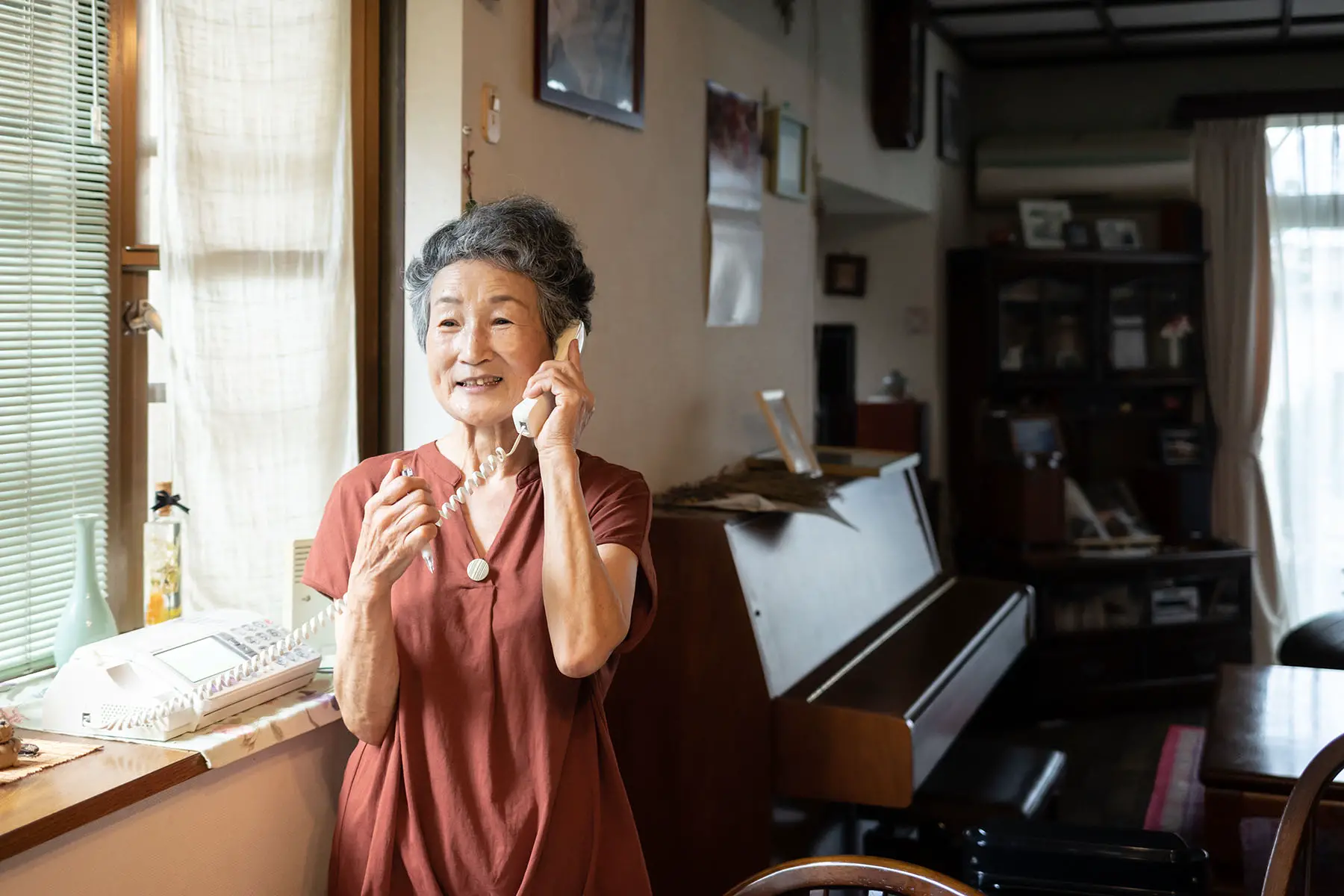
The country is facing a labor shortage caused by the retiring of skilled workers. This has resulted in many over-65-year-olds returning to work. All in all, around nine million people over 65 are still in some form of employment. With this in mind, the standard retirement age for civil servants and local government workers (61 in 2023) is to rise incrementally until it reaches 65 by 2031.
Pensions in Japan
To get a full basic state pension (老齢基礎年金), you’ll need to have made contributions for 40 years. That said, partial pensions are available to those who’ve contributed for at least 10 years. In 2023, the full basic pension totals ¥795,000 (equal to €5,112.47) a year. Disability pensions (障害年金, shogai nenkin) and survivor pensions (遺族年金) are also available.
If you work for an employer in Japan, you’ll pay a percentage of your salary into the EPI scheme. Employers and employees each contribute 9.15% of the employee’s salary each month. This is deducted directly from the employee’s wages.
The pension system is overseen by the Japan Pension Service (日本年金機構). It has two pillars:
- State pension
- Compulsory workplace pension or Employees’ Pension Insurance (EPI) (厚生年金保険)
People who are self-employed or unemployed exclusively pay into the state pension at a flat rate every month. In 2023, the standard monthly contribution is ¥16,520. Contribution exemptions are available for people with low earnings.
Transferring an international pension to Japan
Whether you’ll be able to transfer your state pension from your home country to Japan depends on whether there’s a social security agreement in place, as well as the specific parameters of the agreement.
Japan currently has agreements with 22 other countries, all of which offer dual coverage (二重加入の防止). This means you won’t need to make state pension contributions in two different countries at the same time. Some agreements also cover ‘totalization’ (通算). This allows you to combine the years you’ve contributed to the state pension in your home country with those you’ve contributed in Japan.
You can find a list of reciprocal countries on the government’s website.
Taxes on retirement in Japan
Like everywhere else, pensioners are required to pay taxes (税金) on their income in retirement. Long-term and permanent residents pay Japanese income tax on their worldwide income. Rates range from 5% to 45% and deductions are available. Non-residents pay income tax at a flat rate of 20.42%.

There are a couple of ways that you can reduce your tax bill in retirement. First of all, only 50% of retirement income (退職所得) is taxable. Secondly, if you’ve worked for a Japanese company, you can benefit from a retirement income deduction (退職所得控除). This deduction varies on the number of years you’ve worked for the company.
To calculate how much you’ll need to pay, take your retirement income, subtract the retirement income deduction, and then half the remaining amount.
These rules can vary depending on your job role and the number of years you worked for the company, so it’s recommended that you get expert tax advice on your specific situation.
Best places for expats to retire in Japan
Japan is full of great locations for retirees. Much depends on your interests and your preferred kind of lifestyle. For example, Tokyo (東京) has a thriving international community and lots to do, while cities such as Kyoto (京都) and Nagoya (名古屋) offer a somewhat gentler pace.
Tokyo
For active retirees, Japan’s capital and economic center is the place to be. Whatever your interests, you’ll find something here – be it great restaurants and nightlife or beautiful national parks.
Some pensioners might find the speed of life a little quicker than they’d like, so bear this in mind. Additionally, Tokyo’s house prices are the highest in Japan, averaging a sale price of ¥951,000 per square meter. This also resonates in the renting market; renting is more common than in other cities.
Kyoto
Kyoto is often described as the tourist capital of Japan and is known for its gardens, palaces, shrines, and museums. If you’re looking for a scenic and historical city without the same level of hustle and bustle as Tokyo, Kyoto could be a good choice. Property prices and the cost of living are still relatively high, but considerably cheaper than the capital.
Nagoya
Japan’s automotive hub is the country’s fourth most populous city with more than two million residents. Despite this, it offers a quieter atmosphere and pace of life that might be more attractive to retirees. Nagoya is a good place to find larger detached properties and has much lower house prices than the likes of Tokyo.
Okinawa
The island of Okinawa (沖縄) is popular with retirees looking for a slower pace of life.
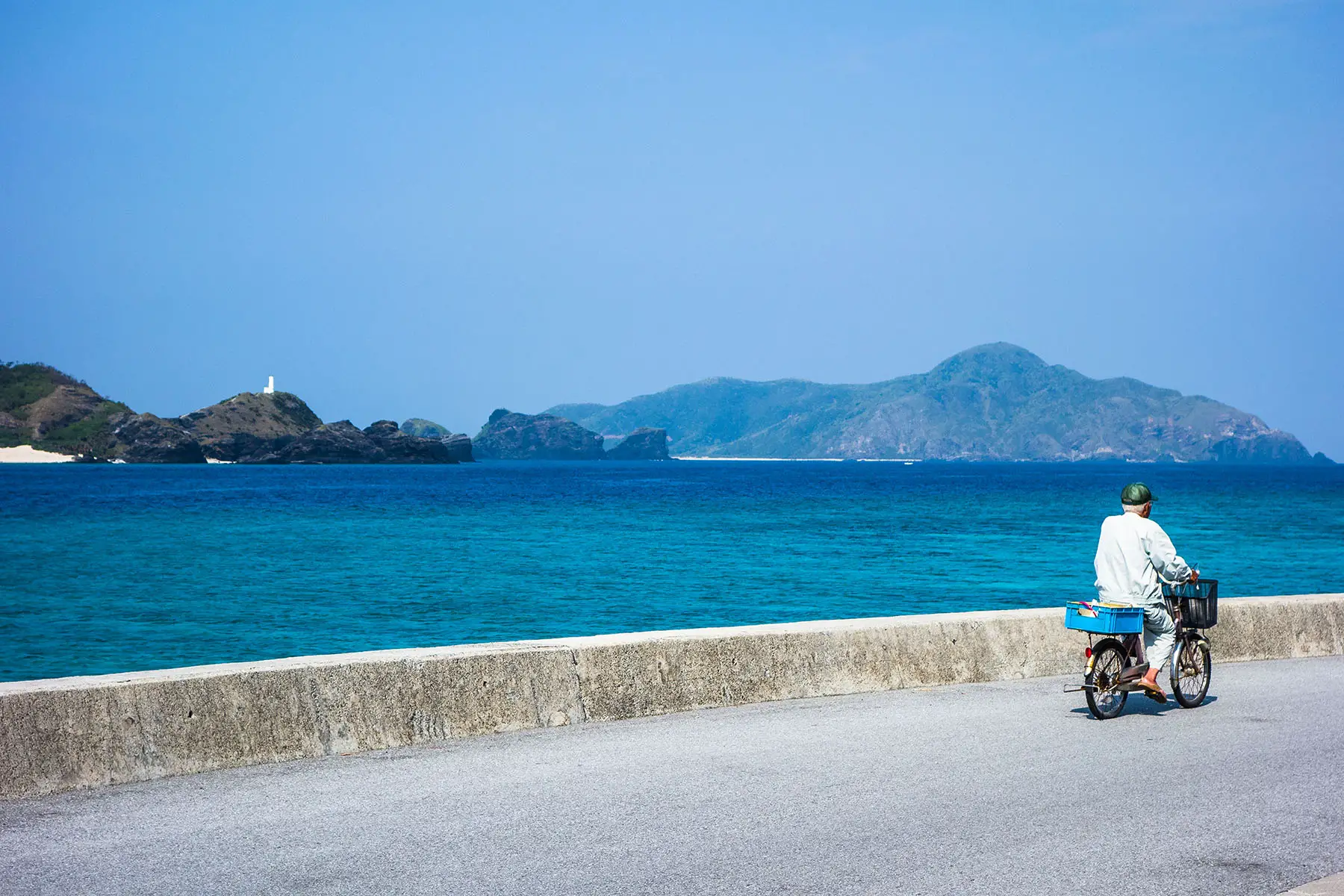
It boasts beautiful beaches and coral reefs, with snorkeling and scuba diving among the island’s main attractions. It also has higher temperatures than much of Japan, averaging around 15 degrees in the winter.
Services, organizations, and clubs for older expats in Japan
A great way of settling into life in Japan is by joining an expat group and getting involved in the local community. If you’re moving to a big city, you’re likely to find plenty of English-speaking organizations. As a starting point, you might wish to explore local groups on Facebook or Meetup.
Some general expat groups of interest include:
- Meetup.com – Welcome Tokyo – arranges over 30 events every week for people new to Japan
- Japan-British society – has over 1,700 members and runs a forum for members to arrange events
- Tokyo Expat Network – provides events and information for expats living in Tokyo
- Tokyo American Club – a private club in Tokyo offering events for American expats
Clubs for retirees in Japan:
- Japan Federation of Senior Citizens Clubs (in Japanese)
- Hobby Club (in Japanese) – a Japanese-run network for people aged over 50
Wills and inheriting in Japan
Writing a Japanese will
If have assets such as properties or investments, it is recommended that you write a testament (遺言書). Japan has three main types of will:
- Holographic (自筆証書遺言) – prepared by you, including your seal, signature, and the date of your declaration. This type of will doesn’t need to be written in Japanese but does need to be registered at the Family Court (家庭裁判所).
- Notarial (公正証書遺言) – prepared by a notary (公証人). You will inform the notary of your wishes in person in front of two witnesses. The will is then signed by you, the two witnesses, and the notary. The latter will keep the will on file until your death.
- Secret (秘密証書遺言) – prepared and sealed by you, before being filed with a notary in the presence of two witnesses. The notary and the witnesses must sign the envelope to confirm their presence. These types of wills are uncommon in Japan.
For a foreign testament to be valid in Japan, it must be compliant and legally recognized in the country it was made, and be recognized in the country where the owner dies.
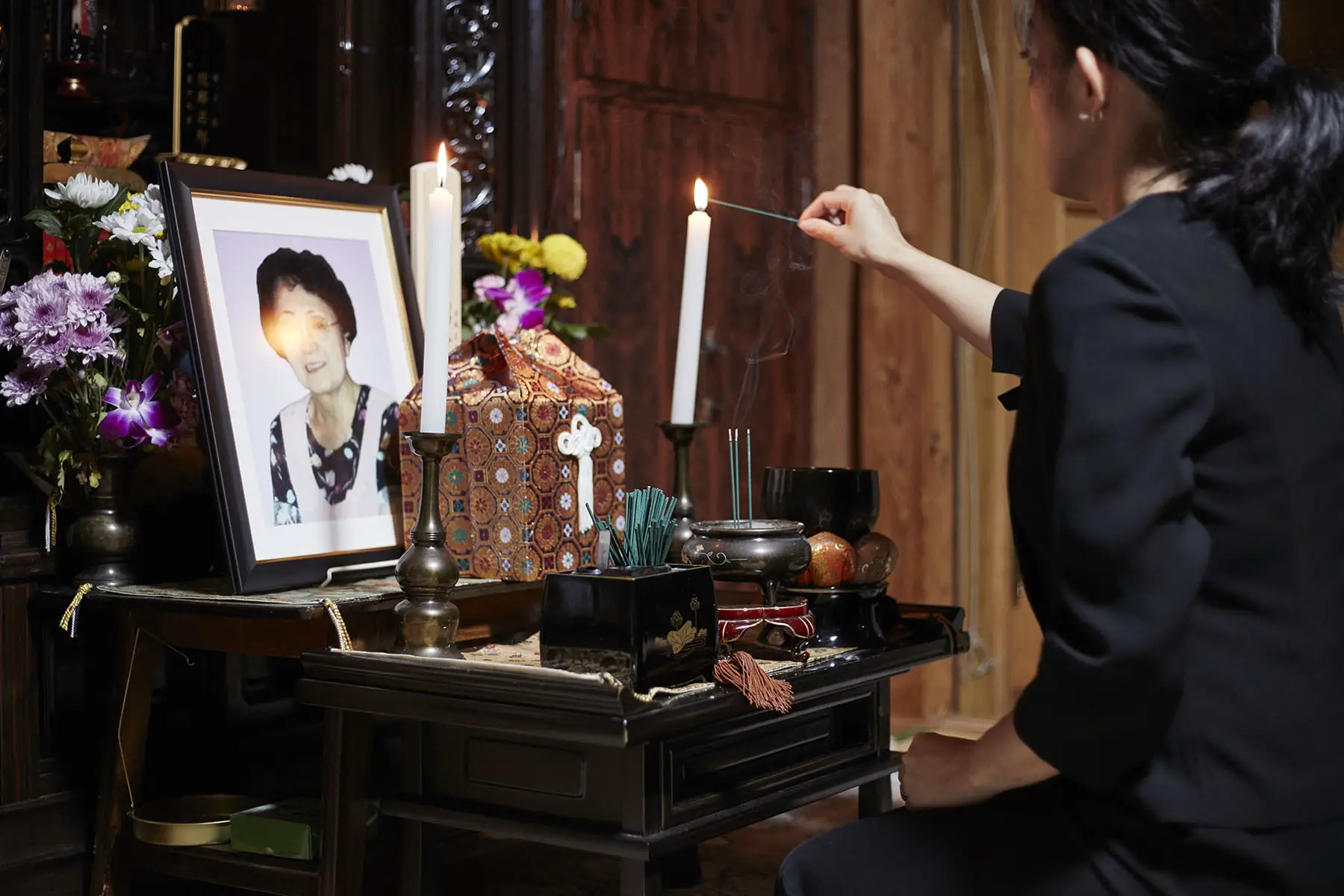
However, to avoid complexities after you die, it’s a good idea to create a Japanese will with the help of a notary. This will be more expensive than filing a handwritten (holographic) testament but will lower the likelihood of disagreements or issues interpreting your wishes.
Inheritance rules in Japan
Japanese inheritance laws (相続法) are only applicable if you’re a Japanese national. That means that if you remain a foreign national, the laws of your home country will usually apply on your death. When it comes to Japanese assets such as real estate, the rules can vary, so you might wish to get expert advice.
Japanese inheritance tax (相続税) can apply to assets inherited in the country, though exemptions are available that can be offset against any potential bill.
Healthcare for pensioners in Japan
Japan has a universal healthcare system that is available to all residents. The national health insurance system offers subsidized healthcare for all citizens who make compulsory social security contributions.
Workers also contribute to employment-based health insurance (EHI) (被用者保険). If you have a low household income or you can’t afford to make contributions, you can apply for an exemption via the Public Assistance program (生活保護制度). The exact rules and thresholds for the exemption vary between prefectures.
People aged over 75 access their healthcare through the medical care for senior citizens system (後期高齢者医療制度). You can enroll in this system through your local municipal office. To access healthcare, you’ll need to present your health insurance certificate (健康保険証) at the surgery or hospital where you plan to receive treatment.
Other support for pensioners in Japan
National discounts for retirees in Japan are uncommon. However, if you’re aged over 65 (70 in some places) you should be able to benefit from a senior discount (シニア割引) at a range of local attractions, such as museums and cinemas.
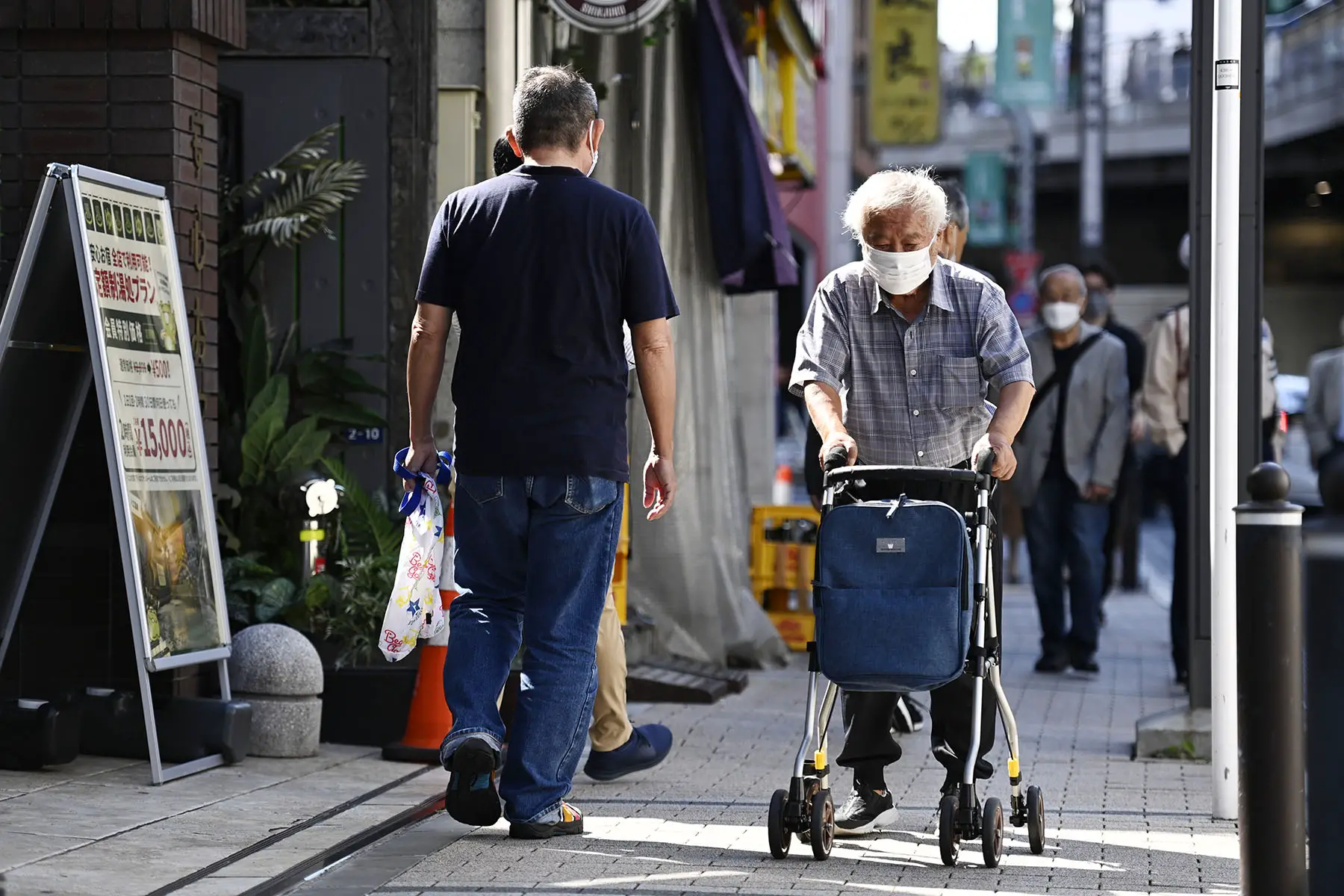
Regional discounts on travel may also be available, including for domestic flights and trains. Keep in mind that discounts aren’t always clearly signposted, so it might be beneficial to ask a staff member for any specific offers for pensioners.
Useful resources
- Japan’s social security agreements – list of countries with which Japan has a social security agreement
- Medical care program for senior citizens – official government website with information about senior healthcare



